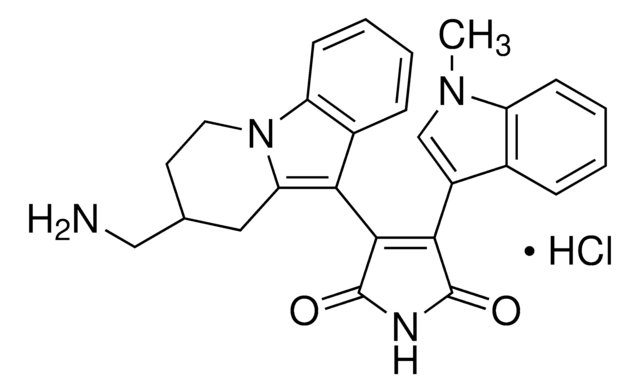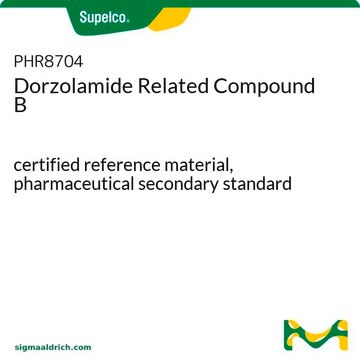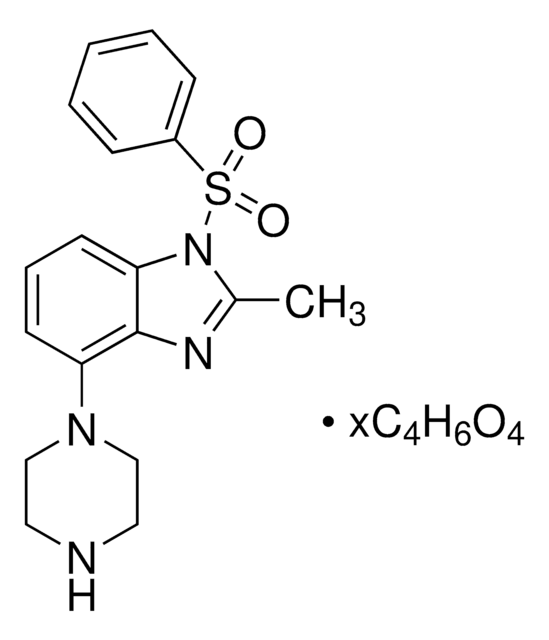SML0999
ME0328
≥98% (HPLC)
Sinónimos:
(S)-3,4-Dihydro-4-oxo-N-(1-phenylethyl)-2-quinazolinepropanamide
About This Item
Productos recomendados
Quality Level
assay
≥98% (HPLC)
form
powder
color
white to beige
solubility
DMSO: 10 mg/mL, clear
storage temp.
room temp
InChI
1S/C19H19N3O2/c1-13(14-7-3-2-4-8-14)20-18(23)12-11-17-21-16-10-6-5-9-15(16)19(24)22-17/h2-10,13H,11-12H2,1H3,(H,20,23)(H,21,22,24)/t13-/m0/s1
InChI key
QIHBWVVVRYYYRO-ZDUSSCGKSA-N
Biochem/physiol Actions
Features and Benefits
Storage Class
11 - Combustible Solids
wgk_germany
WGK 3
flash_point_f
Not applicable
flash_point_c
Not applicable
Certificados de análisis (COA)
Busque Certificados de análisis (COA) introduciendo el número de lote del producto. Los números de lote se encuentran en la etiqueta del producto después de las palabras «Lot» o «Batch»
¿Ya tiene este producto?
Encuentre la documentación para los productos que ha comprado recientemente en la Biblioteca de documentos.
Artículos
Cell cycle phases (G1, S, G2, M) regulate cell growth, DNA replication, and division in proliferating cells.
Apoptosis regulation involves multiple pathways and molecules for cellular homeostasis.
Nuestro equipo de científicos tiene experiencia en todas las áreas de investigación: Ciencias de la vida, Ciencia de los materiales, Síntesis química, Cromatografía, Analítica y muchas otras.
Póngase en contacto con el Servicio técnico








